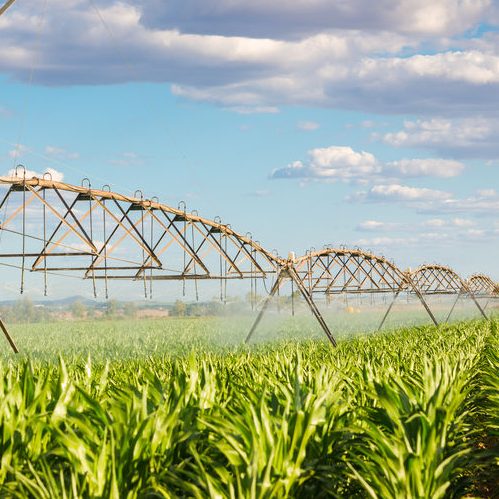Irrigation water management is the process of controlling the amount, timing, and distribution of water used for agriculture. It is a crucial aspect of modern farming, as it helps to increase crop yields and reduce water consumption. With the world population projected to reach 9.7 billion by 2050, the demand for food is expected to increase significantly. Therefore, it is essential to optimize irrigation water management to meet this demand while protecting water resources.

The Importance of Irrigation Water Management
The global demand for food is increasing, and agriculture is the primary source of food for the world population. However, agriculture is also the biggest consumer of freshwater resources, accounting for 70% of global freshwater withdrawals. Therefore, optimizing irrigation water management is crucial to meet the increasing demand for food while preserving water resources.
Techniques for Optimizing Irrigation Water Management
There are several techniques for optimizing irrigation water management, including:
1. Drip Irrigation: This technique involves dripping water slowly onto the soil surface, directly onto the root zone of the plants. Drip irrigation conserves water by delivering it directly to the plants, reducing evaporation and runoff.
2. Sprinkler Irrigation: In this technique, water is sprayed into the air and allowed to fall onto the soil surface. This is a common technique used in agricultural fields, sports fields, and gardens.
3. Soil Moisture Sensors: These sensors are placed in the soil and measure the moisture level. This helps farmers to determine when to irrigate and how much water is needed.
All of these techniques can help to optimize irrigation water management and conserve water resources.
The Role of Technology in Irrigation Water Management
Technology is playing an increasingly important role in irrigation water management. Several technological advancements are helping farmers optimize irrigation water management, including:
1. Soil Moisture Sensors: These sensors provide real-time information on the moisture level in the soil. This helps farmers to determine when and how much water to apply to the crops. 2. Automated Irrigation Systems: These systems use sensors and computer algorithms to automatically adjust the amount and timing of irrigation water based on weather conditions, soil moisture, and crop needs.
3. Drones: Drones equipped with cameras and sensors can provide detailed information on crop health, soil moisture, and water stress. This information can be used to optimize irrigation water management.
Overall, these technological advancements are helping farmers to optimize irrigation water management, reduce water wastage, and improve crop yields.